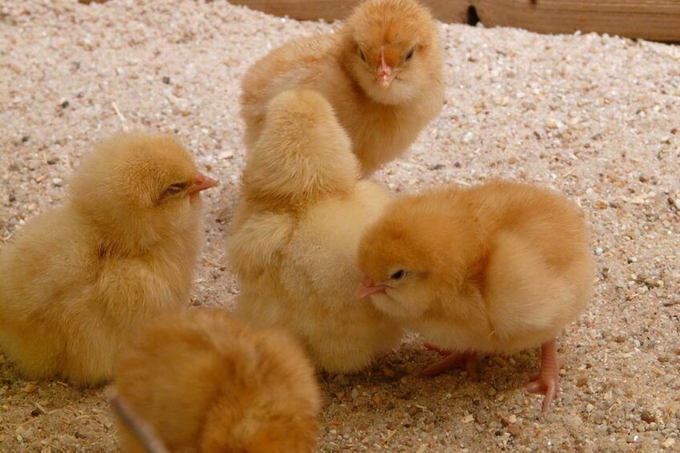June 17, 2025 | 03:32 GMT +7
June 17, 2025 | 03:32 GMT +7
Hotline: 0913.378.918
June 17, 2025 | 03:32 GMT +7
Hotline: 0913.378.918
Not only is the environment burdened by emissions released from poultry production, but also the birds themselves and the workers at the farms are equally affected.

Photo: APC
In poultry production excrement from the birds contain a high level of nitrogen because they are fed on high protein diets.
Due to this high level of protein, the birds cannot use a big part of the contained amino acids, because they are far from the optimal level, which are necessary for the poultry production. These not used amino acids for meat production, are deaminated into nitrogen and appear in the intestine as ammonium. This nitrogen is changed into gas form by bacterial processes, especially when the temperature is high in the houses.
If the concentration of ammonia in the air of the houses is more than 10mg per one cubic meter, it is harmful to the health of humans and animals!
These gases cause lesions on the mucosa in the respiratory tract and these are gateway for harmful bacteria. In many cases we can find up to 50mg ammonia and sometimes more. This costs not only a lot of performance, but it increases the mortality rate substantially and when these gases escape out the chicken houses it is harmful to the environment and quality of life.
That’s why efficient ventilation systems are used, to transport these gases out of the houses. But there we don’t want them anymore and we must avoid them as much as possible. The poultry industry should no longer have the image of burdening the environment!
The company Agrar Prod. & Consulting from Austria (APC), has developed natural feed additives, which have a high selective ammonium binding capacity in the intestine. They are binding a big part of the ammonium in the intestine, which results from deaminated amino acids and helps avoid the existing problem as a result.
Beside this ammonium binding effect, the APC natural feed additives creates a better environment for the lacto-bacteria in the intestine. In several university trials it has been shown the groups of broilers with 0,2% APC additives in the feed increased the number of lacto-bacteria by twelve-fold in the intestine and this caused a reduction of coliforms by 10%. The metabolic excretion from the lacto-bacterias is lactic acid! Everybody knows that this helps the birds with better performance, more immunity and less mortality. In the mentioned trials the PH-value in the intestine of the APC groups was reduced from 6,7 to 6,2 without adding any additional acids!
The Austrian institute HBLFA Raumberg-Gumpenstein, which is responsible for controlling the emissions from animal production, did trials with the APC natural additives and found a 50% reduction in ammonia The odour emissions and CO2 emissions were reduced (on average) by almost 35%.
Additionally, in the APC groups the mortality rate was reduced by 33%! The performance and FCR in all the groups was more than 5% better. In the APC-groups with this lower Ph-value and the increased lacto-bacterias and the reduced coliform bacteria, the mucosa of the small intestine had a much better surface and structure and therefore the birds had a better absorption rate of nutrients.
So, the use of APC natural additives is not only a big contribution to sustainability in the poultry industry, but economically a substantial improvement can be seen! Optimum results for the environment, animals and humans.
(PW)

(VAN) Extensive licensing requirements raise concerns about intellectual property theft.

(VAN) As of Friday, a salmonella outbreak linked to a California egg producer had sickened at least 79 people. Of the infected people, 21 hospitalizations were reported, U.S. health officials said.

(VAN) With the war ongoing, many Ukrainian farmers and rural farming families face limited access to their land due to mines and lack the financial resources to purchase needed agricultural inputs.

(VAN) Vikas Rambal has quietly built a $5 billion business empire in manufacturing, property and solar, and catapulted onto the Rich List.

(VAN) Available cropland now at less than five percent, according to latest geospatial assessment from FAO and UNOSAT.

(VAN) Alt Carbon has raised $12 million in a seed round as it plans to scale its carbon dioxide removal work in the South Asian nation.

(VAN) Attempts to bring down the price of the Japanese staple have had little effect amid a cost-of-living crisis.